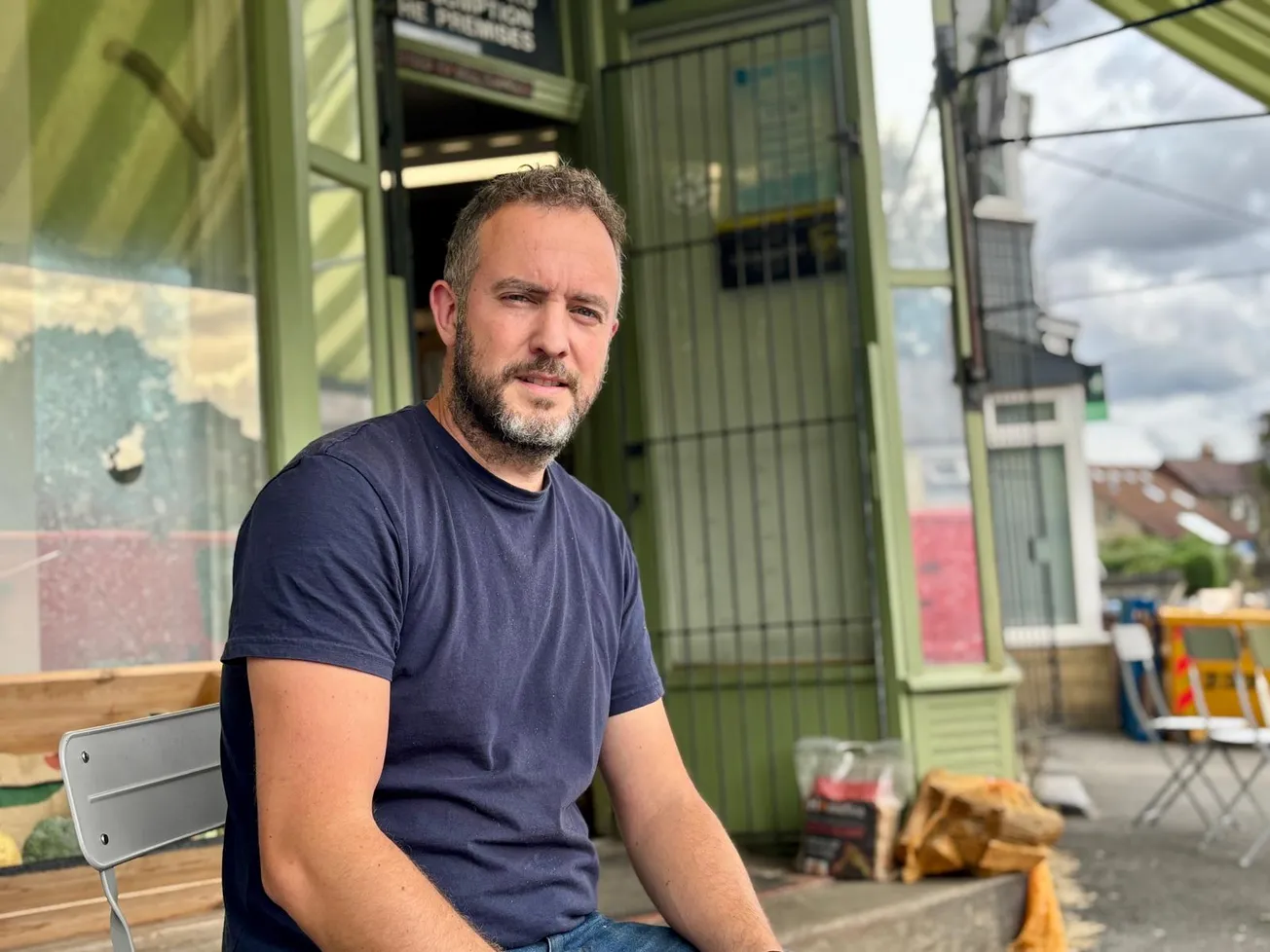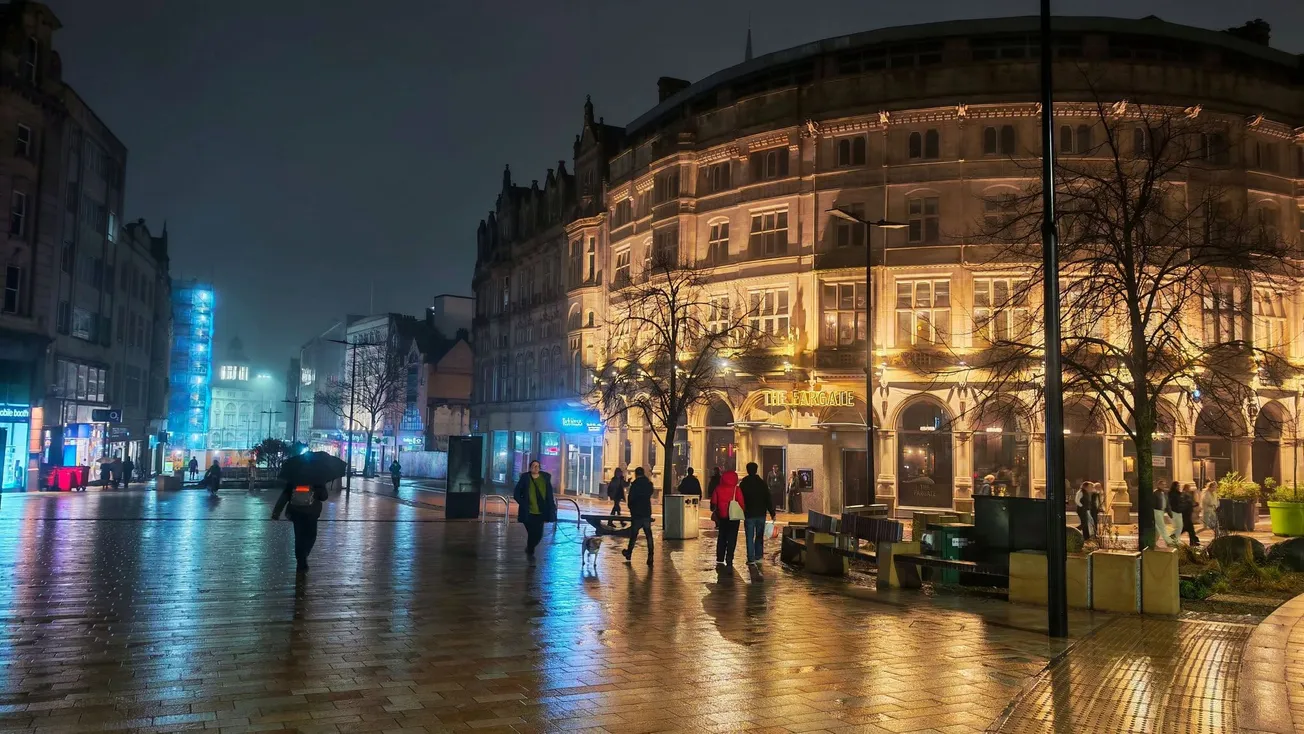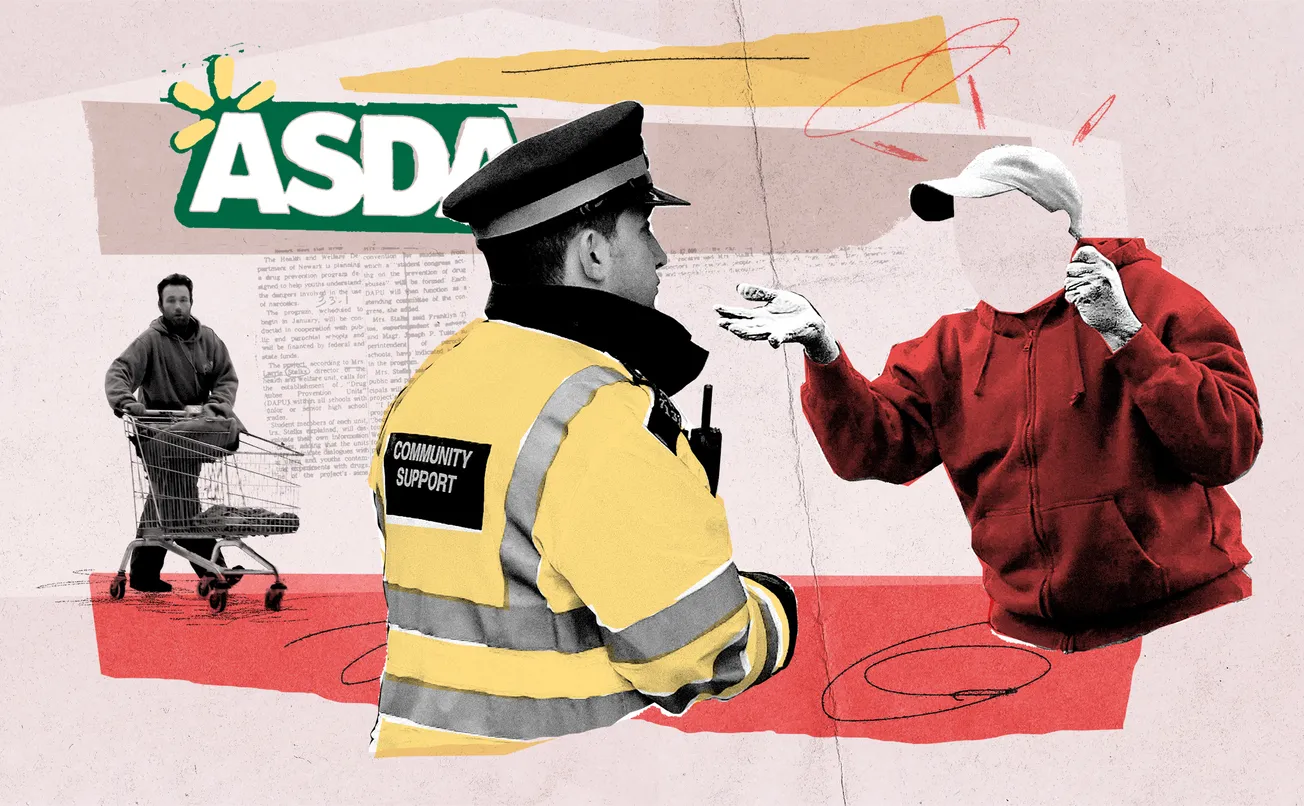At Ruby’s Cafe in Hillsborough, Debbie Birks is holding court. A cup of tea in one hand and a fag in the other, she’s laughing and joking with the half dozen people outside the Middlewood Road greasy spoon, idling away a Thursday morning in the bright late summer sunshine. I presume she’s known these people for years, but she tells me she’s just met them. After some friendly banter with the solitary waitress ends with Debbie telling her to “piss off”, she jokes that the only reason she comes into Ruby's is for the “excellent customer service”.
Debbie wasn't born in Hillsborough but grew up here from the age of seven. Now 55, she left in 1995 when she got married, first to Norton Lees and then to Pitsmoor, where she still lives today. But she comes back whenever she can, usually finding herself falling into conversation with people on the small group of tables scattered around Ruby’s front door.
Unlike the troubled football team that shares its postcode, Hillsborough is widely considered to be an area “on the up”. What was once a staunchly working class neighbourhood has seen an influx of upwardly mobile newcomers in recent years and the high street has developed a distinctly bougie feel.
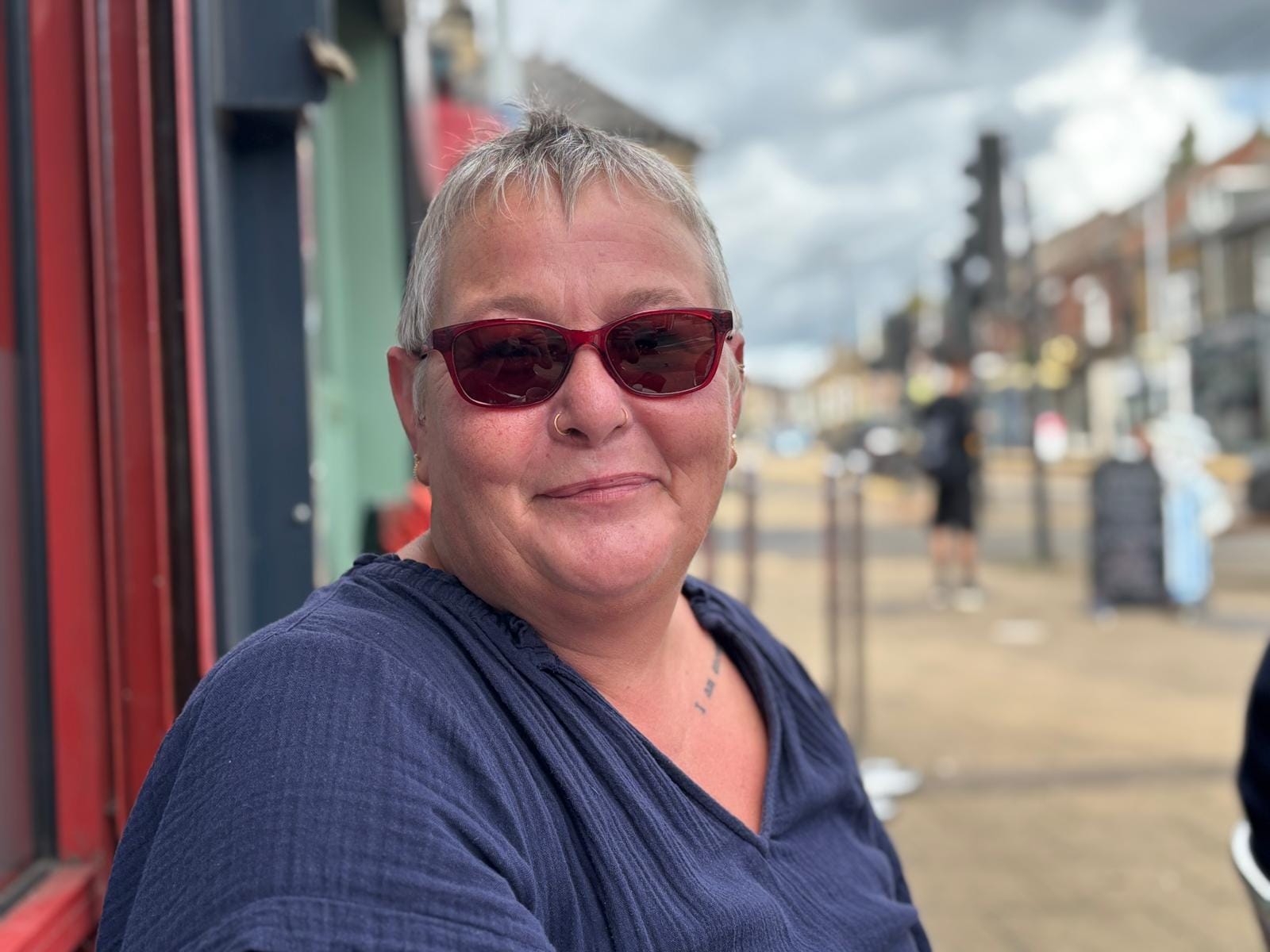
Just looking around us, it’s easy to see how the area is changing. Next door is the Beekeeper micropub, which opened in 2022, while just a few metres up the road are Pangolin, another micropub, and Molly’s Cafe and Deli, where the menu includes “charcuterie boards, grazing tables, and champagne afternoon teas”. I can also see The Orange Bird, named one of the best local restaurants in the country by the Good Food Guide for two years in a row. When I explain to Debbie why I’m here, she instantly knows what I’m talking about. Have the recent changes been a positive or a negative for Hillsborough, I ask her.
“I think for the younger ones they have, but I like a greasy spoon,” she says. “I don’t want avocado on toast with a poached egg that’s not really poached. Give me a sausage sarnie any day, duck. But you like what you like.”
The positive changes on the high street have unsurprisingly been accompanied by other less welcome developments, like increasing house prices. There’s also a sense among some that the new places are not aimed at Hillsborough’s historic residents, a familiar issue in gentrifying areas up and down the country. “I would move down here in a heartbeat but it’s so expensive now,” says Debbie. “I think they are catering for a different class of people now.”
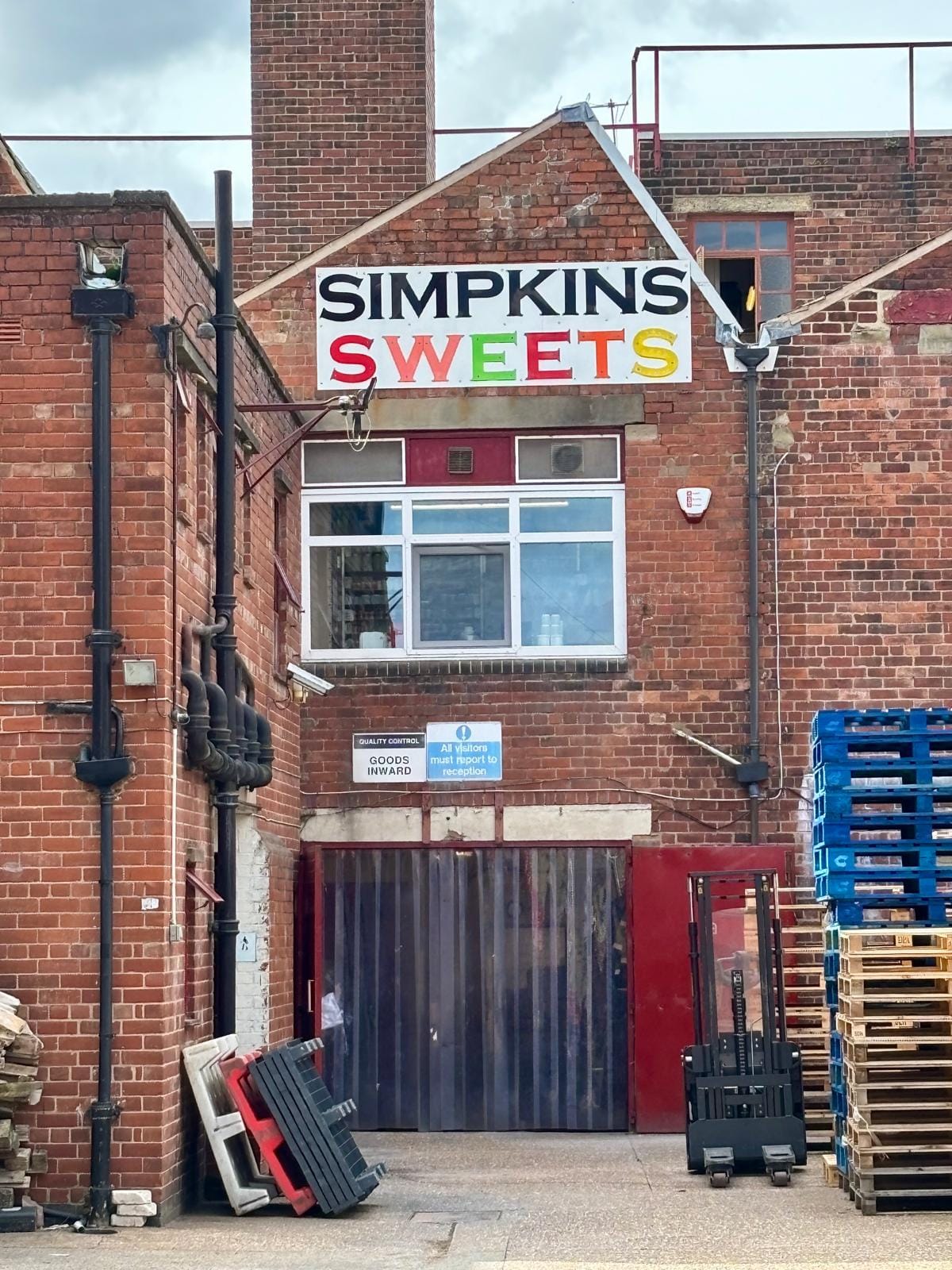
Like many places in Sheffield, the size of Hillsborough depends on how you define it. Technically, Hillsborough shops are limited to the stretch from the Rawson Spring pub to the park. But the second strip of shops on the other side of the park are often also included, not least because those are nearer the football ground (Debbie says they used to call this second run of shops “Little Hillsborough”).
Heading up to the Middlewood end of the strip, I walk into the contemporary art gallery Cupola, one of the longest standing businesses in the area. Back in 1991 it was a picture framing shop sandwiched between a bookies and a laundrette. That was until Karen Sherwood, then fresh out of art school, transformed it into Cupola, which has been a fixture on Middlewood Road ever since.
The early 90s weren't necessarily the best time to be opening a business in the area. Supertram was in the process of being built, which led to 70% of the shops in the area closing down. Karen fought hard to stay open during the disruption.
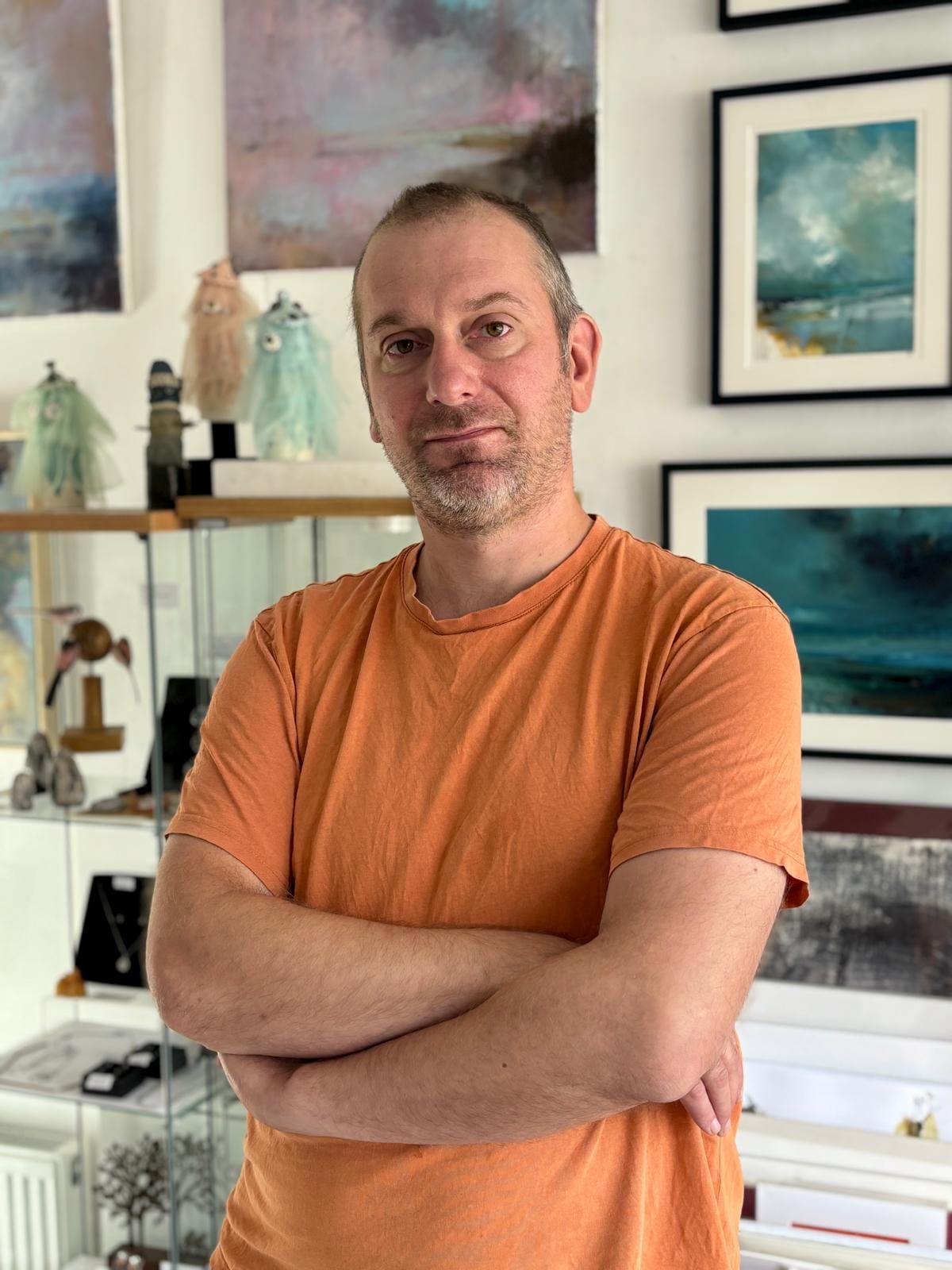
Gallery manager Graham Shepley, 42, whose roots in the area go back a mere 18 years, says the changes in the area began happening after the Covid pandemic. When he first started working here in 2007, there were still a few typical local shops: a Post Office, a greengrocer and fishmongers. After the financial crisis hit in 2008, many of these closed down and it changed from being a place where people would come to shop to “more of a takeaway culture”.
However, since 2020 there have been more people shopping locally. “I think it’s moving back to how it used to be,” he says.
People’s attitudes towards the area are also changing. “Back in 2010 we had a work experience girl from S11 whose mum was worried about her coming to Hillsborough as it was ‘a bit rough’,” Graham says. “There was a bit of unconscious bias against the area, possibly to do with the football.”
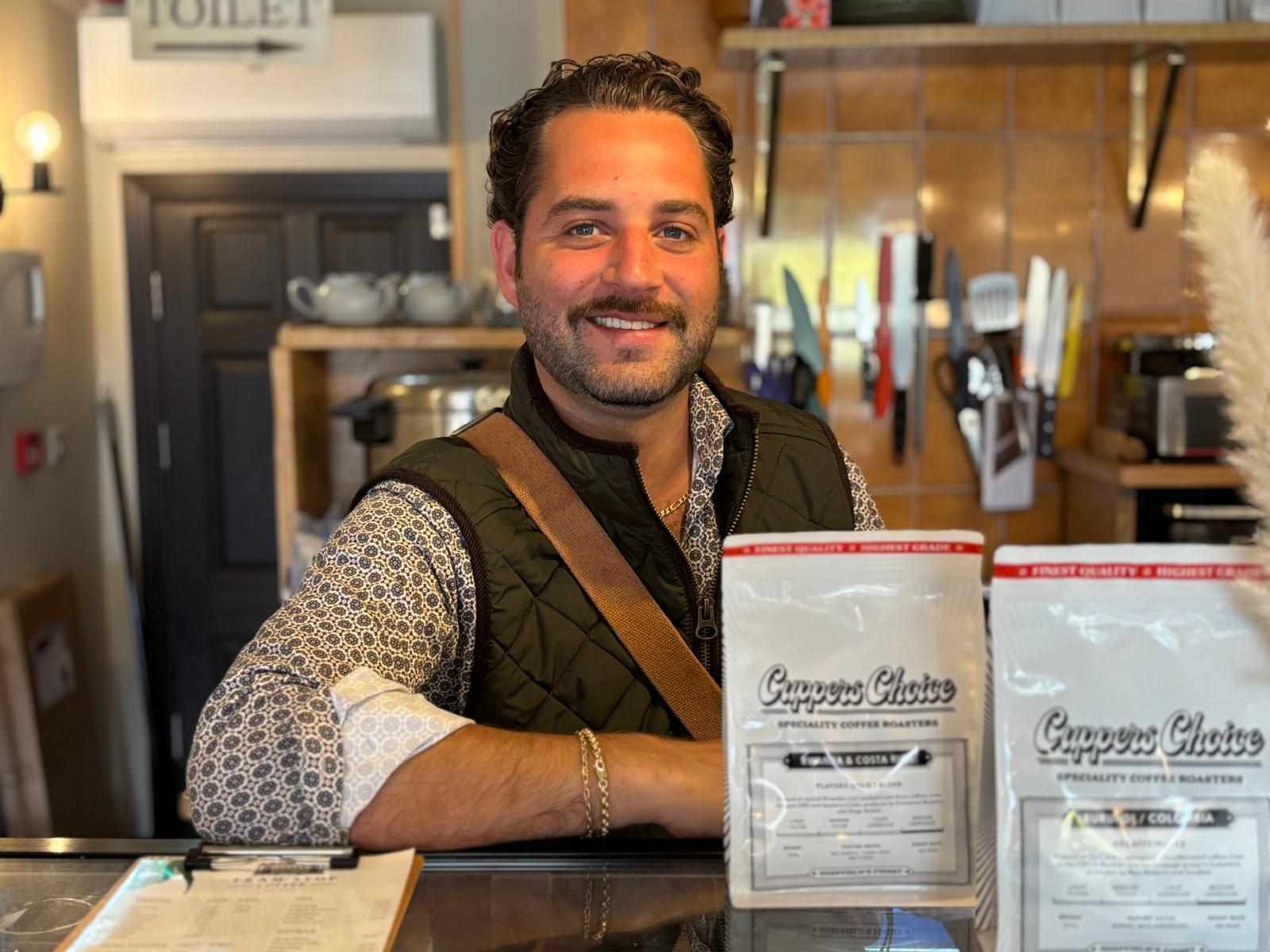
A few doors down from Cupola is the Tram Stop coffee shop, which opened in June. When owner Oliver Salamat, 31, took on the building, he had a choice to make: rent it out for it to become something like a vape shop or run it himself as a coffee shop. Being located opposite a Costa isn’t ideal, but over the last three months they have developed a small but loyal clientele.
Oliver hopes that if a few more independent businesses take the plunge and move into the area, there's no reason why in time Hillsborough couldn't emulate places like Sharrow Vale on the other side of the city. “What you need is that ‘bounce’ where people move from one business to another,” he says. “You want to create a place where people actually want to spend time.”
Sorry to interrupt. But you can get much more from The Tribune and get to know Sheffield better by signing up for our free e-mails. Just click below, and you'll never miss an edition.
Encouraged by Graham and Oliver, I bounce onto Kringle, a bakery on the corner of Wadsley Lane and Middlewood Road who sell Danish pastries, “artisan breads” and “barista coffee”. My eyes light up at the sight of a vegan cinnamon swirl (which is absolutely delicious). They opened in Hillsborough last year, encouraged by anecdotal evidence of how the area was changing. “A lot of the micropubs arrived at about the same time,” says the shop assistant. “It has built much more of a community in the area.”
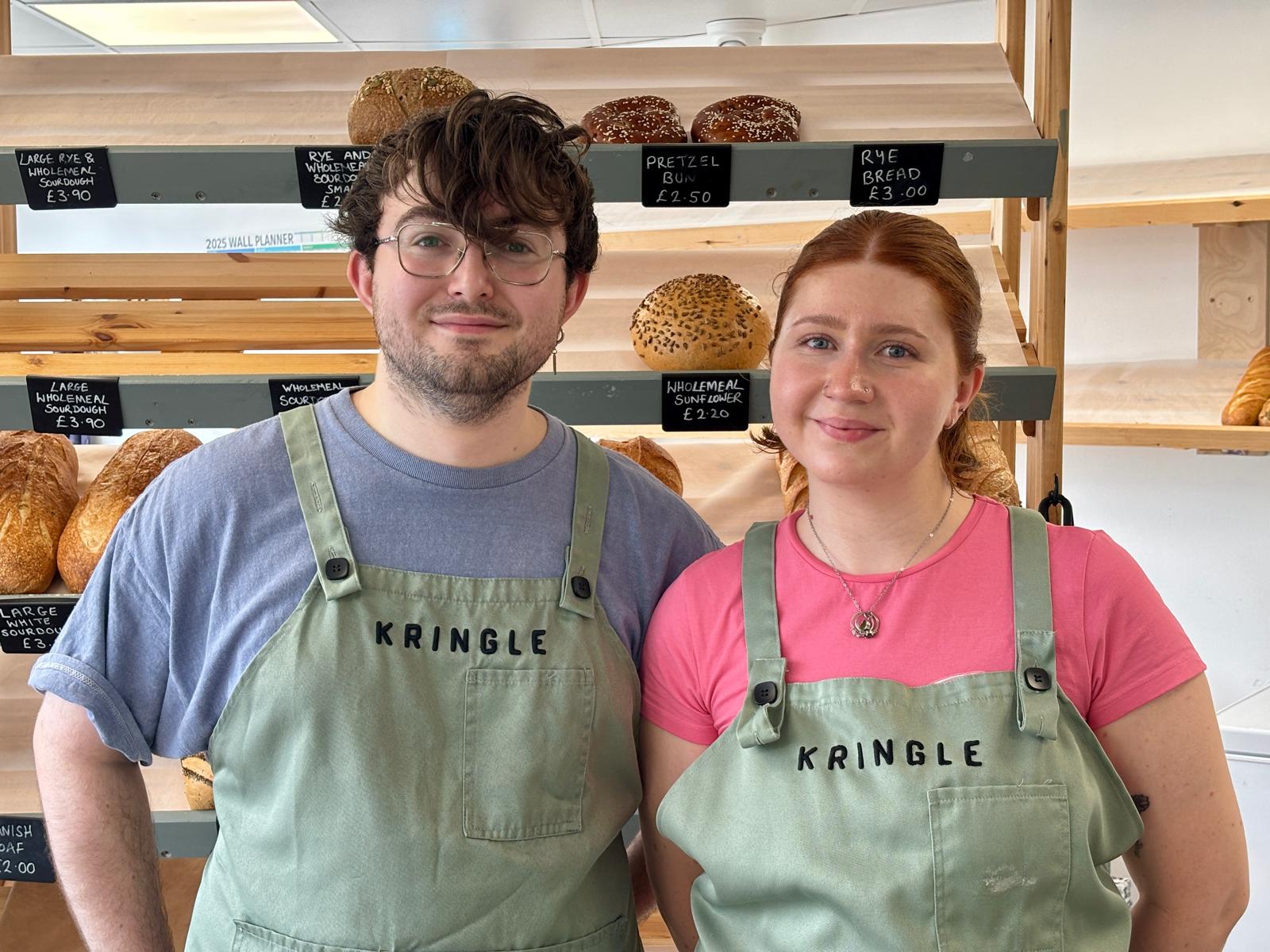
As someone who salivates over the sight of a vegan pastry, I’m quite excited about the way Hillsborough is changing. But as Debbie Birks suggests, not everyone will agree. As I walk back down Middlewood Road towards Hillsborough Corner, I meet a couple who have lived in Hillsborough for 36 years. While the new cafes and micropubs are welcome, they tell me that lots of lower quality retail has arrived too, including multiple barbers and nail bars. When I ask whether the recent changes are bringing back some of the old pre-crash Hillsborough, they are dismissive. “You used to have everything there, didn't have to go into town,” says the woman. “It’s not like it were.”
Outside Ayla, a cafe at the junction of Middlewood and Hillsborough Road, I fall into conversation with Mick Beachell, 76. He grew up on Rudyard Road opposite what is now the Rawson Spring pub and was then the local swimming baths, but now lives just up the hill in nearby Wisewood. “Hillsborough were poor when I was growing up,” he says. You mean in the past it was more of a working class neighbourhood, I say, trying to be politically correct.
“No – poor,” he corrects me.

While the Hillsborough of the past may have been poor, it was still a vibrant area. Mick remembers the independent shops including a fishmonger that would buy the trout he had poached. He pinpoints the opening of Morrisons in Hillsborough Barracks in the 1990s as a turning point which sounded the death knell for many of the small shops. He has tried the micropubs but admits to a sense that they are catering to a different clientele than people like him.
“The beer in these places is always much stronger and tastes funny,” he says of the hoppy, high percentage craft beer many of the micropubs major in. “I like to socialise a bit before I fall flat on my face.”
When I suggest to Pangolin owner Nick Davy that Hillsborough is being taken over by hipsters, he bristles slightly. He acknowledges there has been a demographic change in the area, as incomers are attracted by relatively low house prices. But he argues that their clientele isn’t only drawn from the bearded class, and that they attract a healthy crowd of Wednesday fans on matchdays. “I think Hillsborough still has a good mix,” he says. The question may be how long it can stay like that.
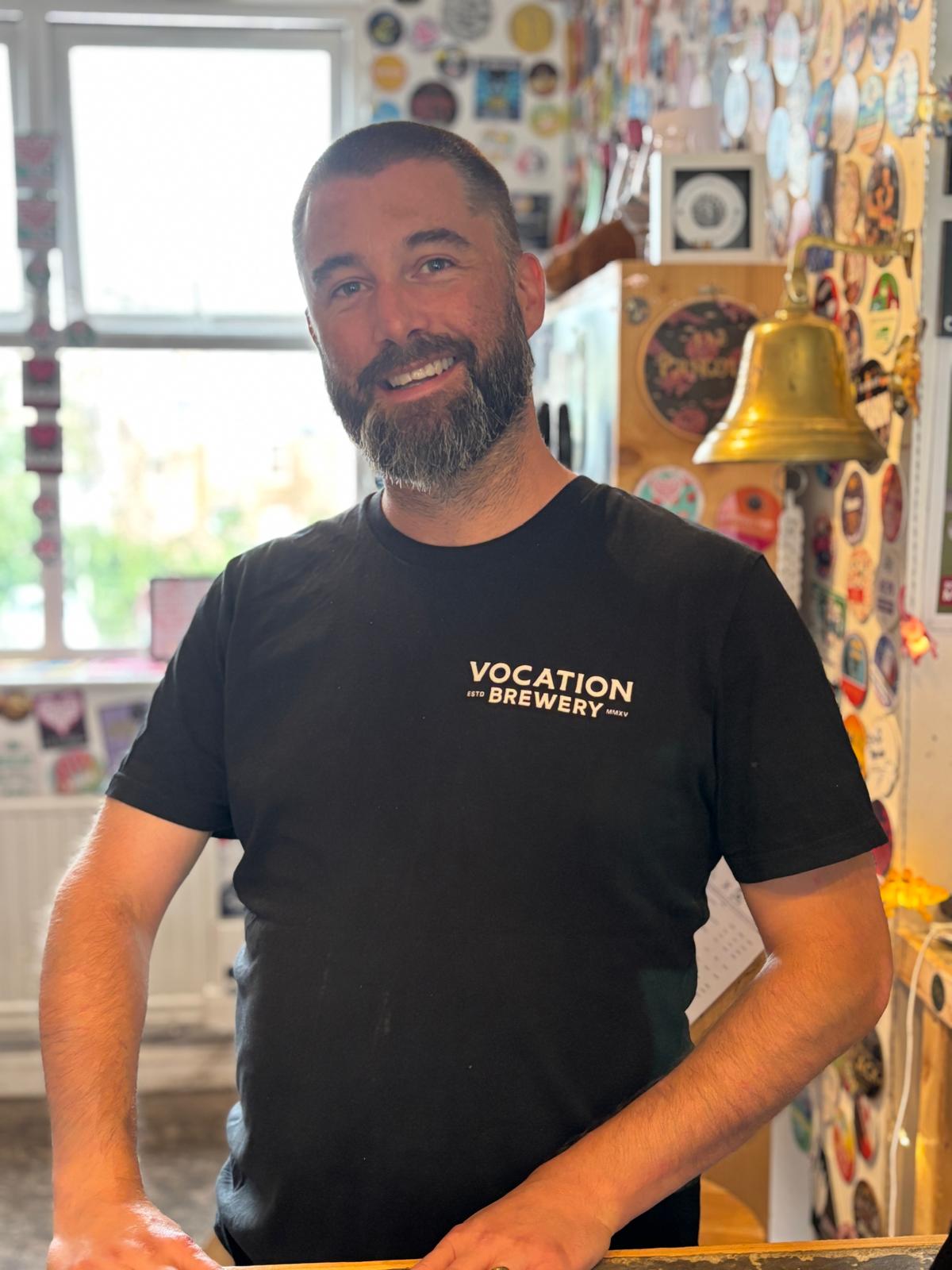
More traditional pubs do still exist in the area, including The Shakey on Bradfield Road, which predates the Great Sheffield Flood of 1864. Inside the low-light interior, the building’s thick walls reduce the sound of the traffic outside to a dull rumble. The barman reckons the neighbourhood must have five or six micropubs now, attracted by rents that are a fraction of what they would be in areas like Ecclesall Road, or Sharrow Vale. You might expect that the explosion in micropubs would be eating into their customer base, but that isn’t the case. “We have a football and live sport crowd, while they are more about craft beer,” he explains.
Sat in the pub’s snug, a man from Stannington whose conversational style is reminiscent of Rowley Birkin QC from The Fast Show bemoans the lack of traditional pubs in Hillsborough. “The Sportsman down at the bottom, The Victoria over there, they've all gone,” he tells me. But he’s not implacably opposed to the new places that have sprung up. “It’s changed, but things change,” he adds.
Some of the hard facts complicate the Hillsborough narrative, though. House prices have gone up here, yes, but not notably more than anywhere else. An average house in Hillsborough goes for about 80% of the Sheffield going rate — a figure that’s barely budged in over 20 years. And data collected by the Financial Times from credit card spending suggests that the pandemic actually didn’t favour Hillsborough particularly, unlike nearby Walkley which saw a huge spending boom due to its glut of the work-from-home crowd.
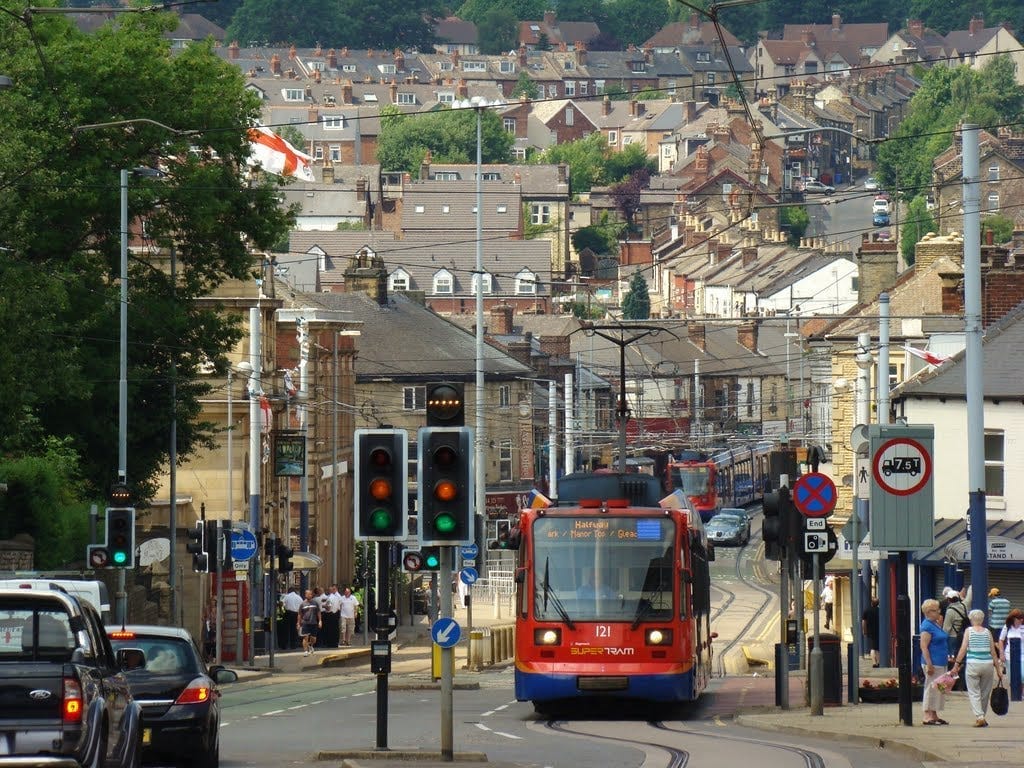
Still, it’s hard to escape the feeling that there are now two Hillsboroughs. Walking back to the car I get thinking about whether they can coexist: the greasy spoon and the fancy restaurant, the micropub and the traditional boozer. That tension between the old and new isn’t unusual in Sheffield. Where I live at Park Hill, what was a traditional council estate has been gentrified over the last decade, now boasting a middle eastern cafe and a cocktail bar where you can buy oysters for £18.50 a half dozen.
I like that tension. I like that middle-class newcomers like me can get the piss taken out of them by long-standing residents for the Ocado delivery vans that queue up to drop off turmeric root. Is it possible that Hillsborough could be a place for everyone?
Sam Grayson set up the The Green Shop on Wadsley Lane in 2020, just weeks before the pandemic hit. They took over from Gr Gr Granvilles, a general store named in honour of Ronnie Barker’s stammer in the classic sitcom Open All Hours. One corner of the shop is still dedicated to the kinds of things Granvilles used to stock: shoelaces, padlocks, staplers, needle and thread.
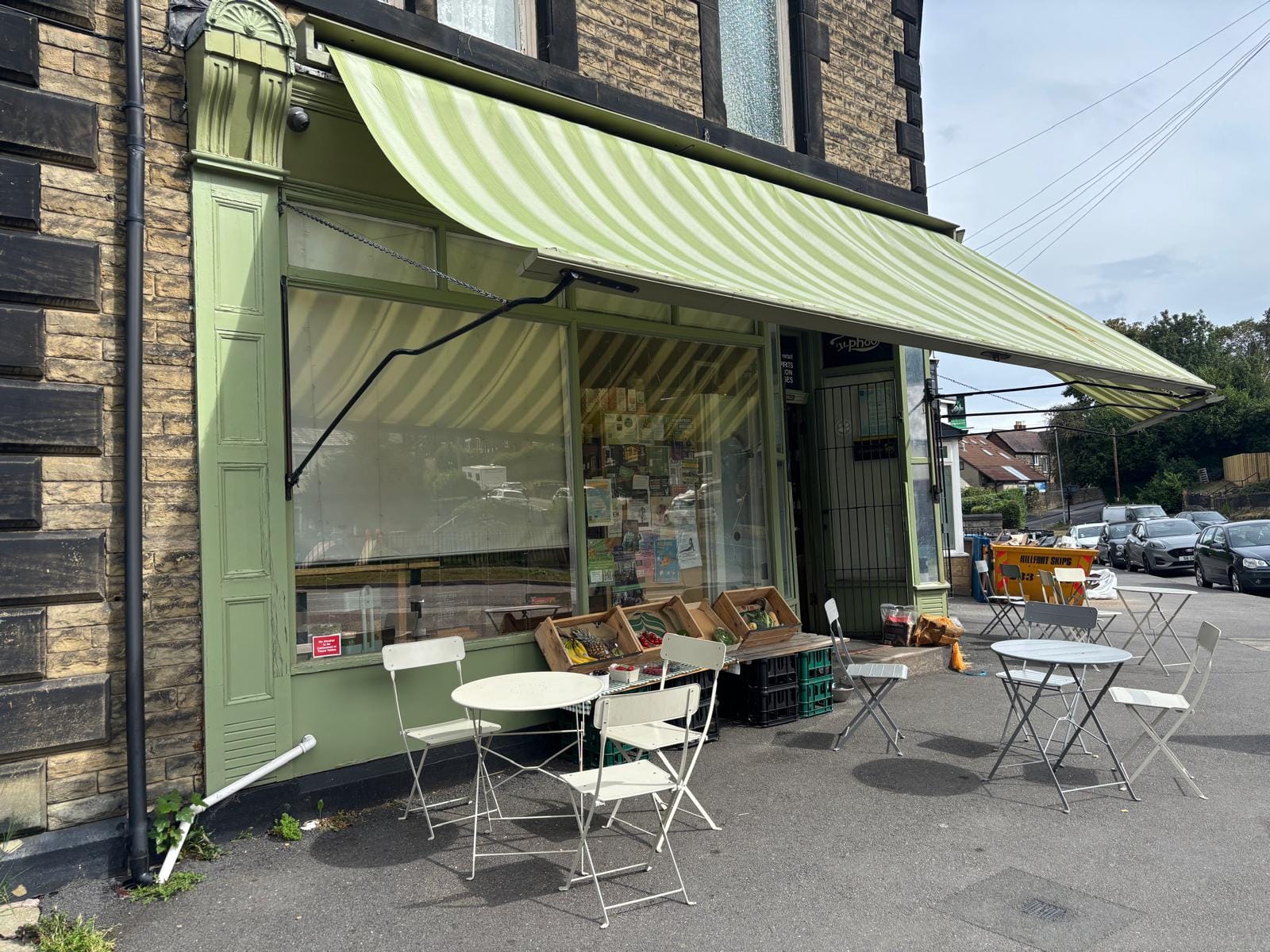
The rest of the bespoke wooden shelves are filled with more exotic items like sriracha hummus and poke bowl sauce, while a back room is filled up with the divisive Sheffield-themed arts and crafts of the kind we covered in 2023. Sam says the shop sits on a border in Hillsborough between a more affluent area and council housing. They try to keep both sides happy, and seem to be doing pretty well so far. “We try to stock things for everyone,” he says. “It is a bit posh, but it’s still S6.”
If you’d like to sponsor editions of The Tribune and reach over 30,000 readers, you can get in touch at grace@millmediaco.uk or visit our advertising page below for more information


